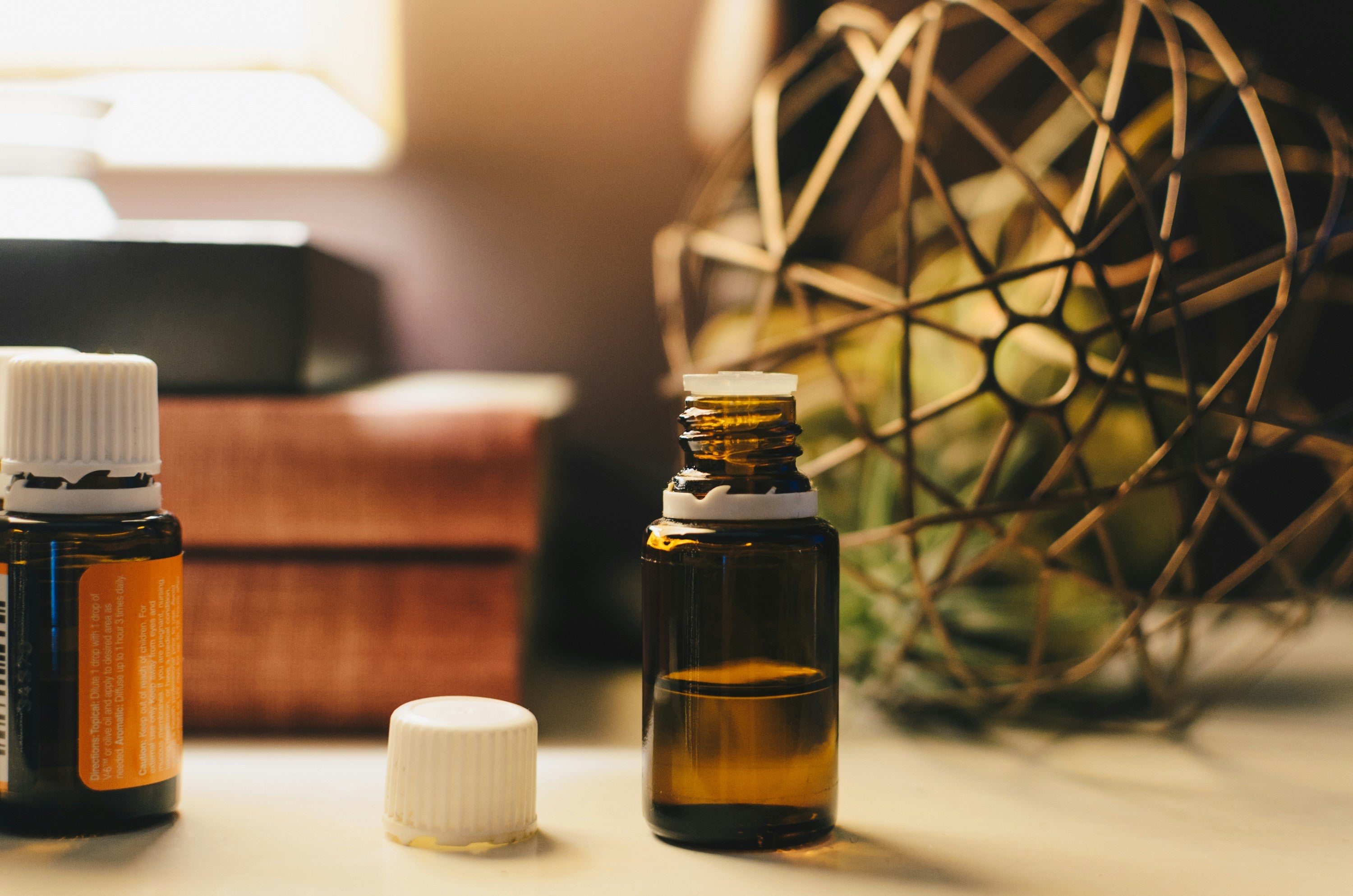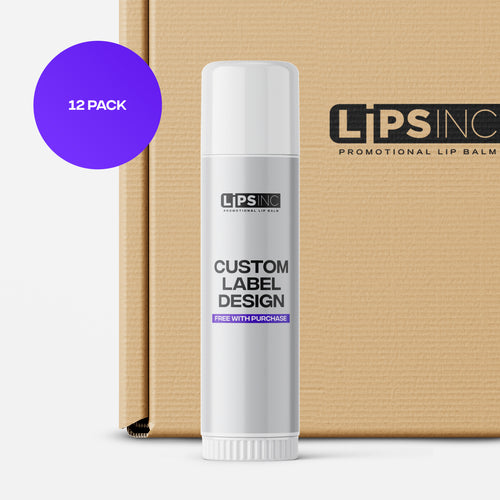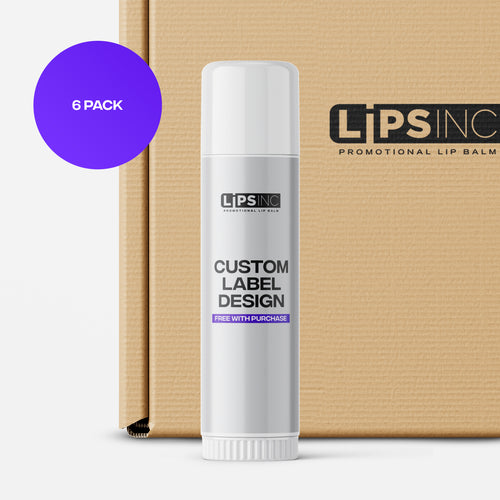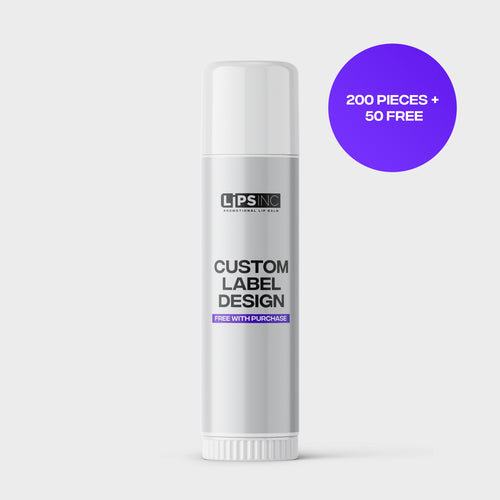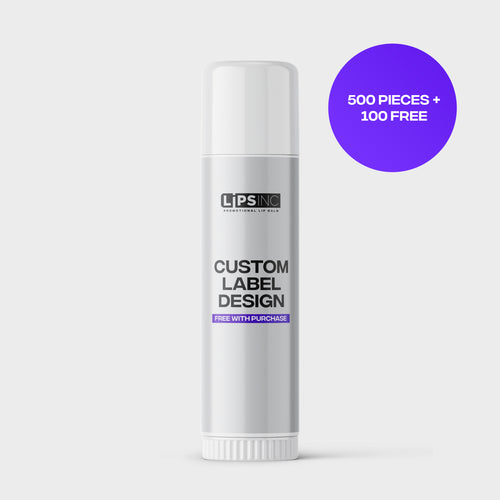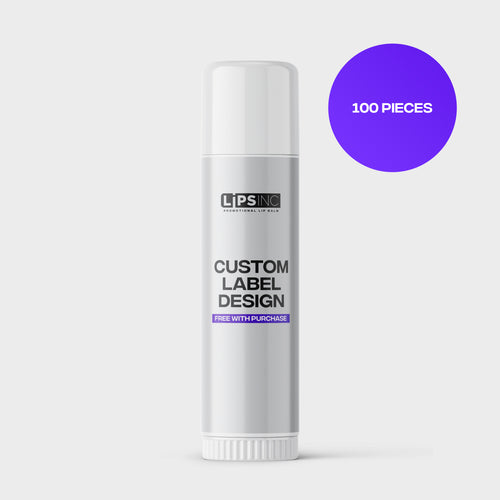Introduction: Natural ingredients to avoid chapped lips
Lip balm is a ubiquitous product in the skincare world, cherished for its ability to hydrate and protect our lips from the elements. However, not all lip products are created equal, and some may contain harmful ingredients that could potentially harm our delicate lip skin. In this comprehensive guide, we will delve deep into the world of lip balm ingredients, identifying key substances to avoid and understanding why they may be detrimental to our lip health. Armed with this knowledge, you'll be empowered to make informed choices and prioritize safer options for your lips. Choose rich and nourishing ingredients for your skin care
-
Parabens: Keep Lips Hydrated
Parabens are a group of synthetic preservatives commonly found in Lip cosmetics. They are added to extend the product's shelf life and prevent the growth of bacteria and mold. However, research has raised concerns about the safety of parabens, linking them to hormone disruption and potential health risks. Some studies have suggested that parabens may mimic estrogen in the body, leading to hormonal imbalances and possibly contributing to breast cancer development. While more research is needed to fully understand the long-term effects of parabens, many consumers choose to avoid them in their skincare products, including lip balms. -
Synthetic Fragrances: Lip Balm that smells wonderful
Artificial fragrances are often used in lip balms to enhance their scent and appeal to consumers. However, these synthetic fragrances can contain a cocktail of undisclosed chemicals, some of which may be irritants or allergens. Fragrance formulations are considered trade secrets, meaning manufacturers are not required to disclose the specific ingredients used. As a result, consumers may unknowingly expose themselves to potential skin irritants and allergens when using scented lip balms. To minimize the risk of adverse reactions, consider opting for fragrance-free or naturally scented lip balm options.
-
Petroleum Jelly: Lip Balm Ingredient to look for in your skincare
Petroleum jelly, also known as petrolatum or mineral oil, is a common ingredient found in many traditional lip balms. It acts as an occlusive agent, forming a protective barrier on the lips to lock in moisture and prevent dry lips. While petroleum jelly is generally regarded as safe for topical use, it is derived from crude oil and may contain impurities. Additionally, some experts caution against using petroleum-based products on the skin, as they can create a barrier that prevents the skin from breathing and may lead to dependence on the product for hydration which can make your lips worse. For those seeking alternatives to petroleum jelly, consider plant-based waxes or oils, such as beeswax, shea butter, or coconut oil, which offer similar moisturizing benefits without the potential drawbacks.
-
Artificial Colors: Keep Your Lips Moisturized & Looking Good
Artificial colors are often found in lip balms to make your lips look vibrant hue and enhance their visual appeal. However, these synthetic dyes can pose risks to our health, particularly for individuals with sensitive skin. Some artificial colors have been linked to skin irritation, allergic reactions, and even more severe health concerns. In addition, certain artificial colors, such as Red 40 and Yellow 5, have raised environmental and safety concerns due to their potential impact on aquatic ecosystems. To avoid exposure to artificial colors, consider opting for lip balms that use natural colorants derived from plants or minerals, such as beetroot extract, iron oxide, or titanium dioxide.
-
Chemical Sunscreens: Lip Care essential
Many lip balms contain sunscreen ingredients to provide protection against the sun's harmful UV rays. However, some chemical sunscreens, such as oxybenzone and octinoxate, have come under scrutiny for their potential health and environmental impacts. Studies have shown that these chemicals can be absorbed into the bloodstream and may disrupt hormone function in the body. Additionally, oxybenzone has been linked to coral bleaching and other environmental damage, leading to bans and restrictions on its use in certain regions. To minimize your exposure to chemical sunscreens, consider opting for lip balms that use physical sunscreens, such as zinc oxide or titanium dioxide, which work by creating a physical barrier on the skin to block UV radiation.
-
Retinyl Palmitate:
Retinyl palmitate, a derivative of vitamin A, is sometimes added to lip balms for its anti-aging properties. It is believed to help stimulate collagen production and improve the appearance of fine lines and wrinkles. However, research has raised concerns about the safety of retinyl palmitate, particularly when exposed to sunlight. Studies have shown that retinyl palmitate may increase the skin's sensitivity to UV radiation and promote the formation of free radicals, which can contribute to sunburn and skin damage. As a result, some experts recommend avoiding lip balms that contain retinyl palmitate, especially if you'll be spending time outdoors.
-
Beeswax: Natural Oils To Put On Your Lips
Beeswax is a vital ingredient in lip balms, cherished for its natural properties and ability to nourish and protect the delicate skin of the lips. Derived from honeybees, beeswax creates a protective barrier that locks in moisture and shields the lips from environmental stressors like wind and cold weather. Its emollient texture provides a smooth and comforting feel, while its subtle honey scent adds a delightful touch to lip balm formulations. Rich in vitamin A, beeswax supports lip health by promoting cell regeneration and preventing dryness and chapping. As a sustainable and eco-friendly ingredient, beeswax ensures that lip balms not only enhance lip hydration but also contribute to the well-being of bees and the environment.
Conclusion:
Lip balm is an essential part of many skin care routines, providing much-needed hydration and protection for our lips. However, not all lip balms are created equal, and some may contain ingredients that could potentially harm our lip health. By being mindful of the ingredients listed above and choosing lip balms that prioritize safety and efficacy, you can ensure that your lips stay healthy, hydrated, and beautiful. Remember to always read the ingredient labels carefully and do your research to make informed choices about the products you use on your lips. With the right lip balm, you can keep your lips looking and feeling their best for years to come.

